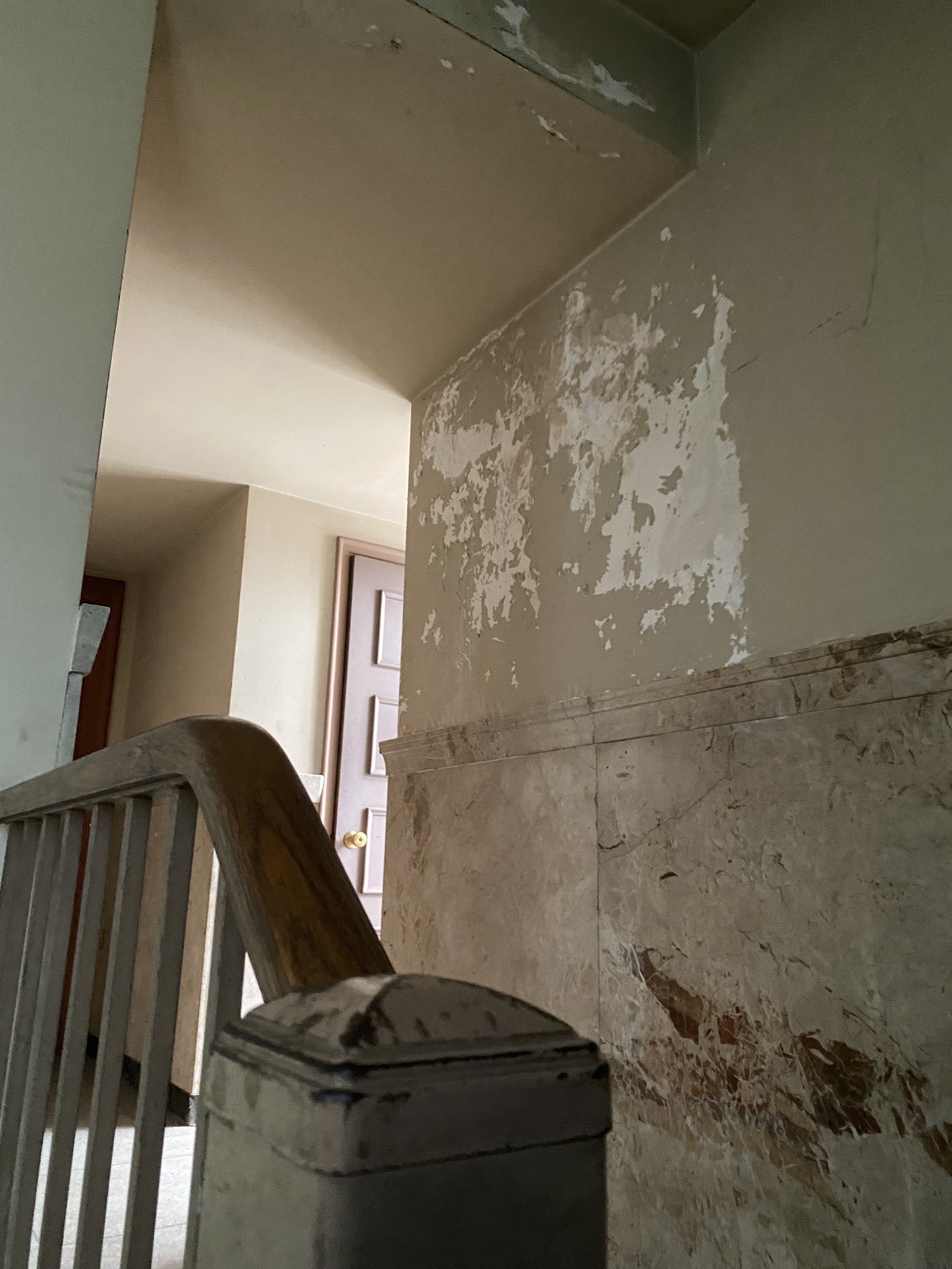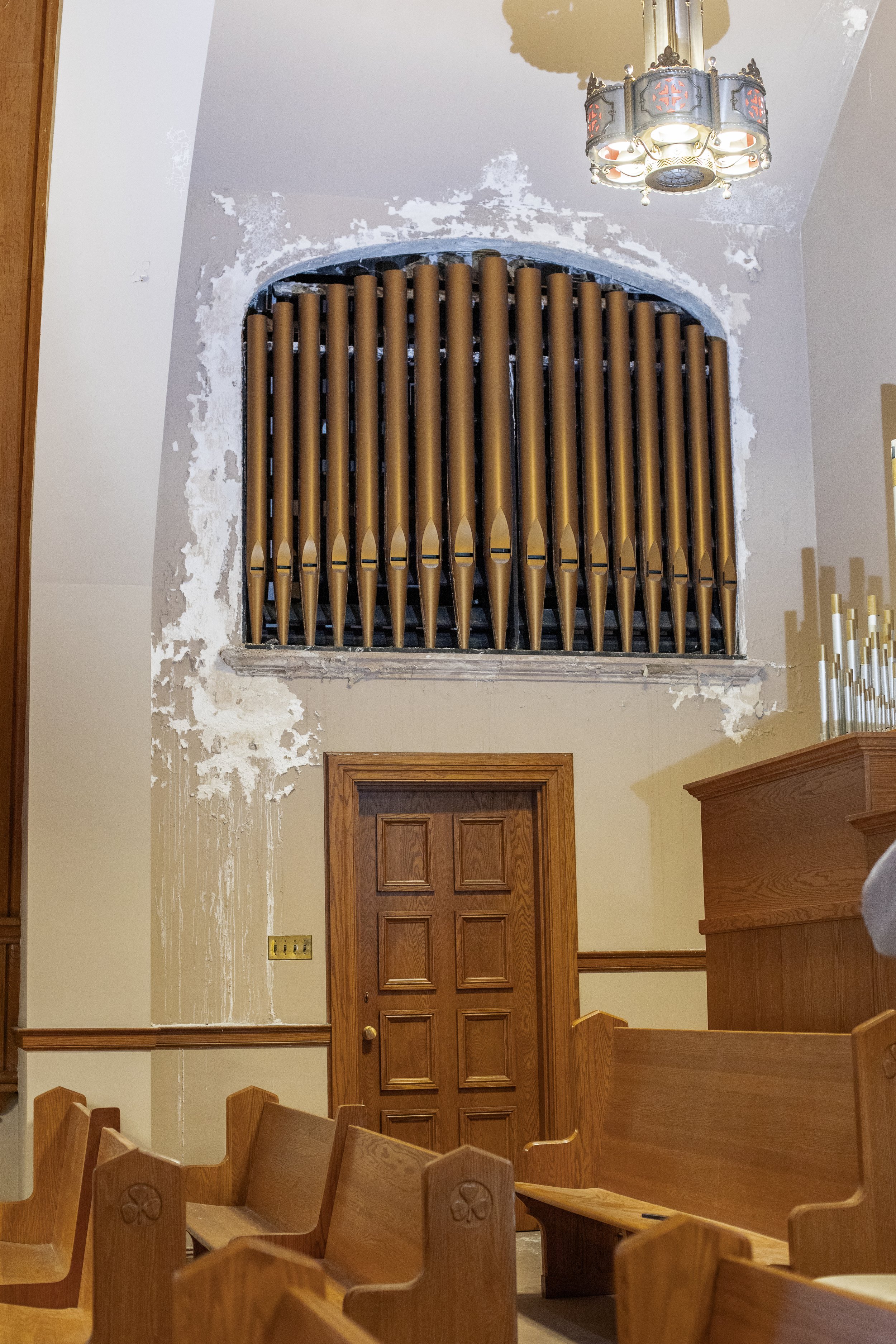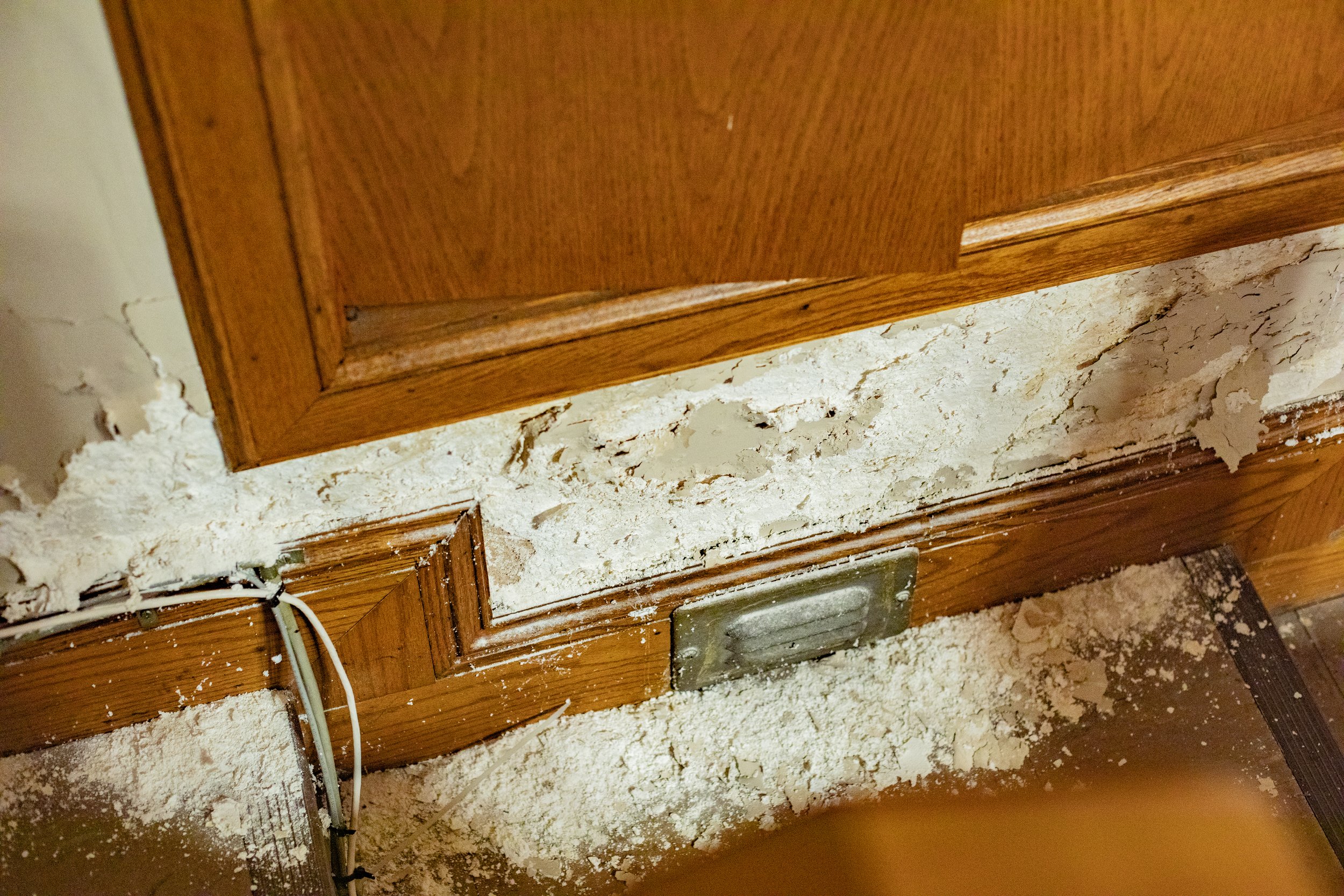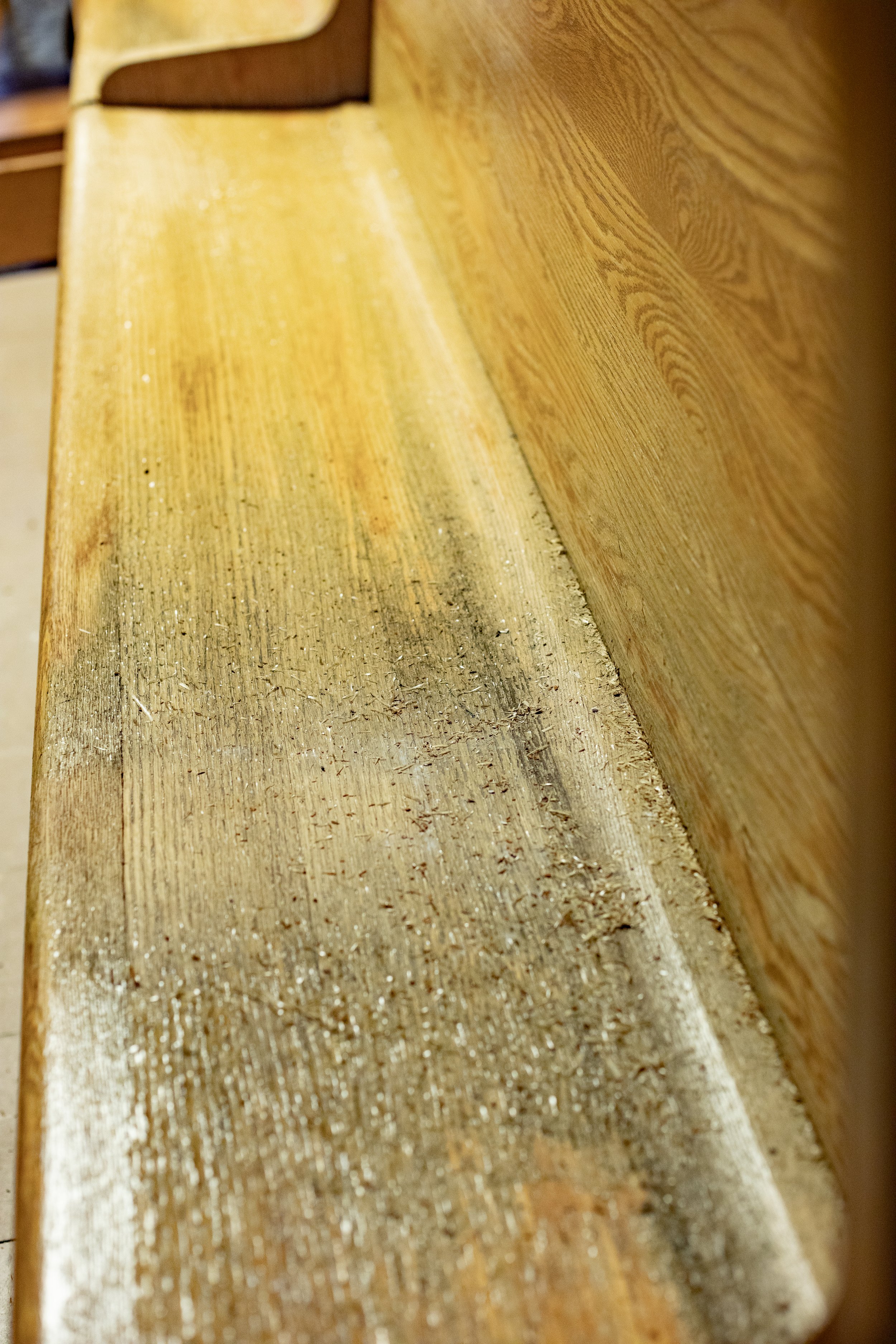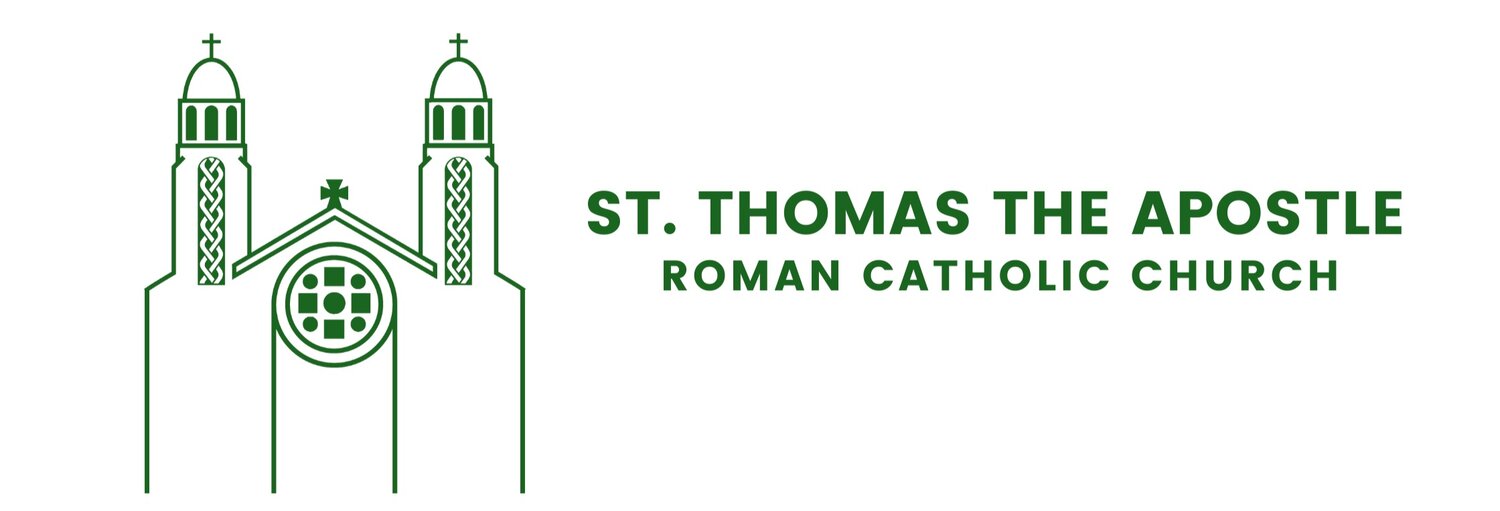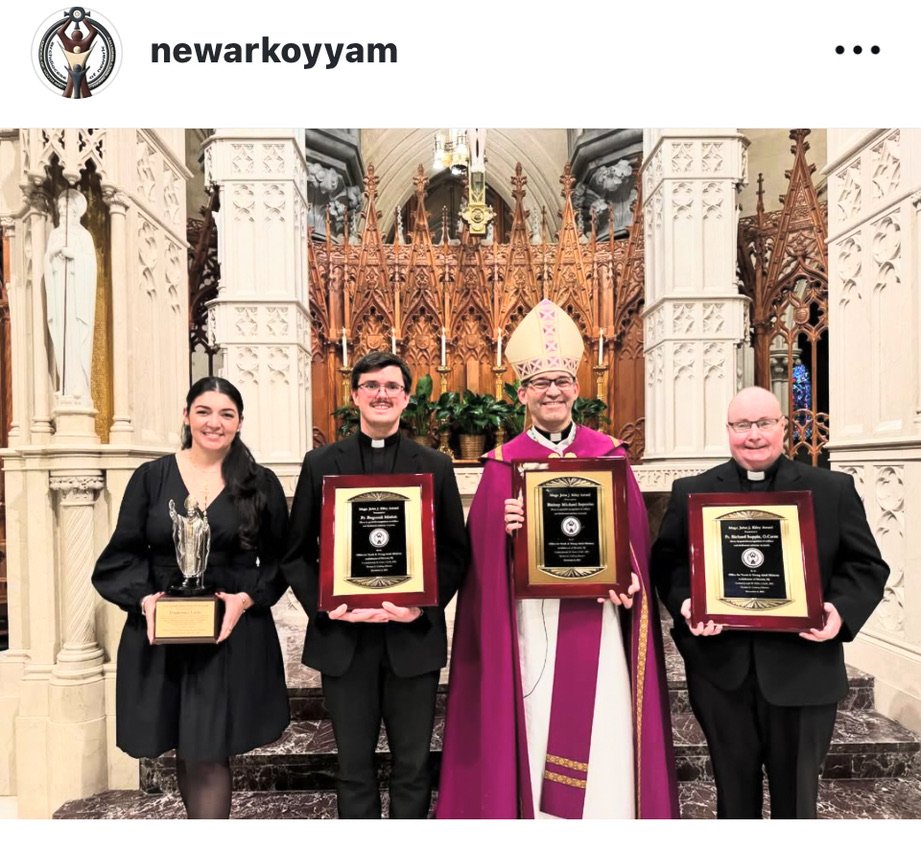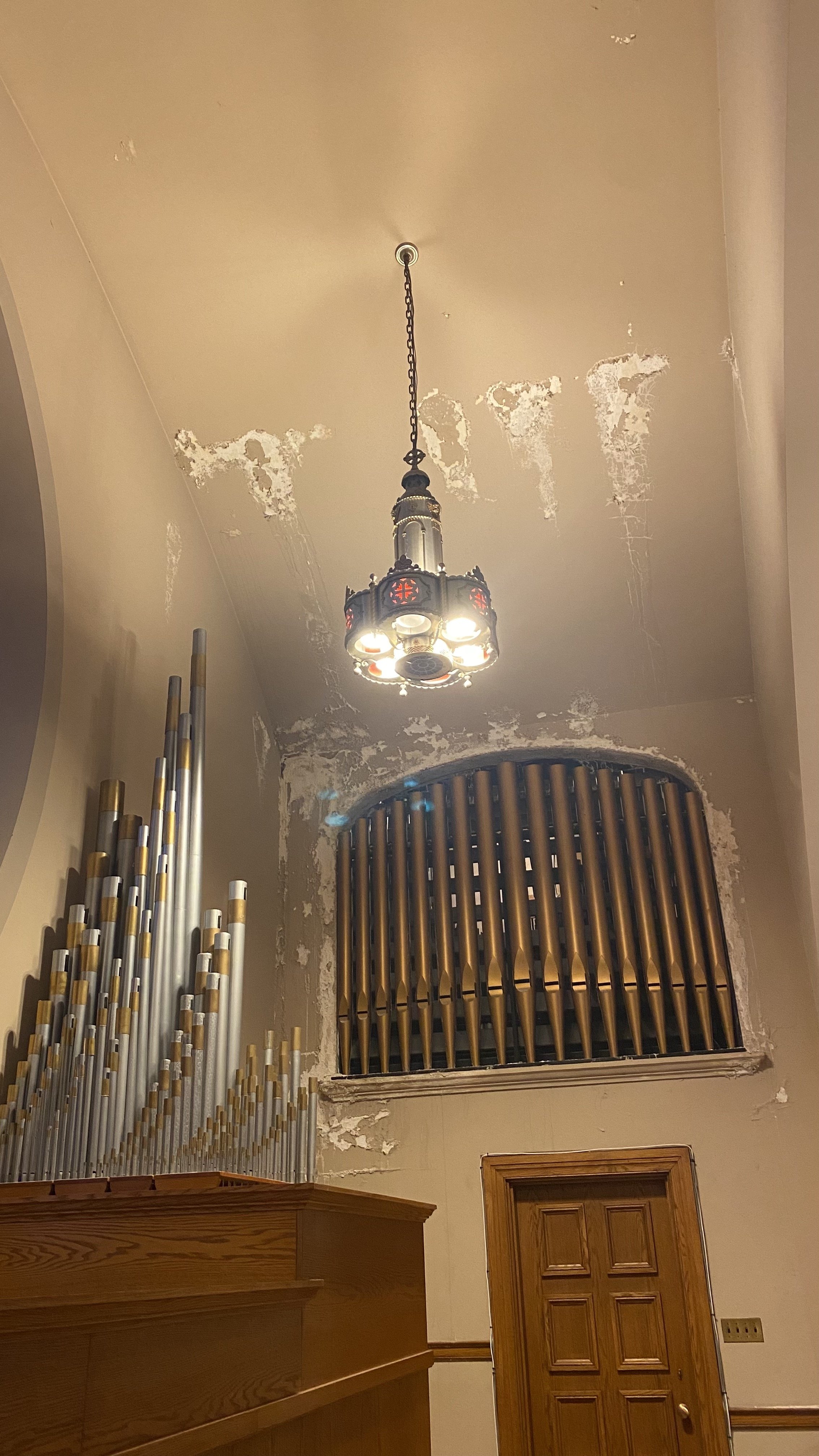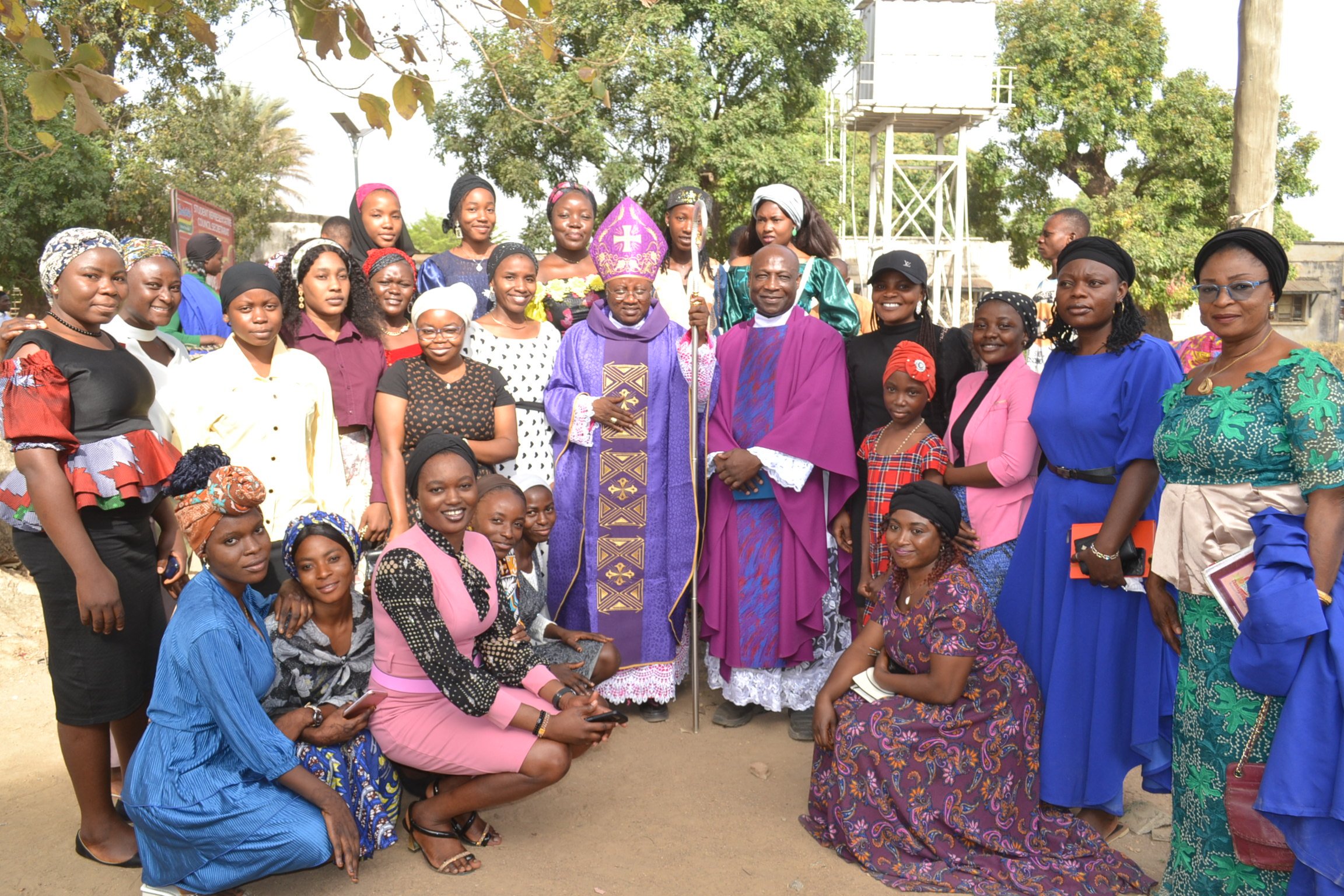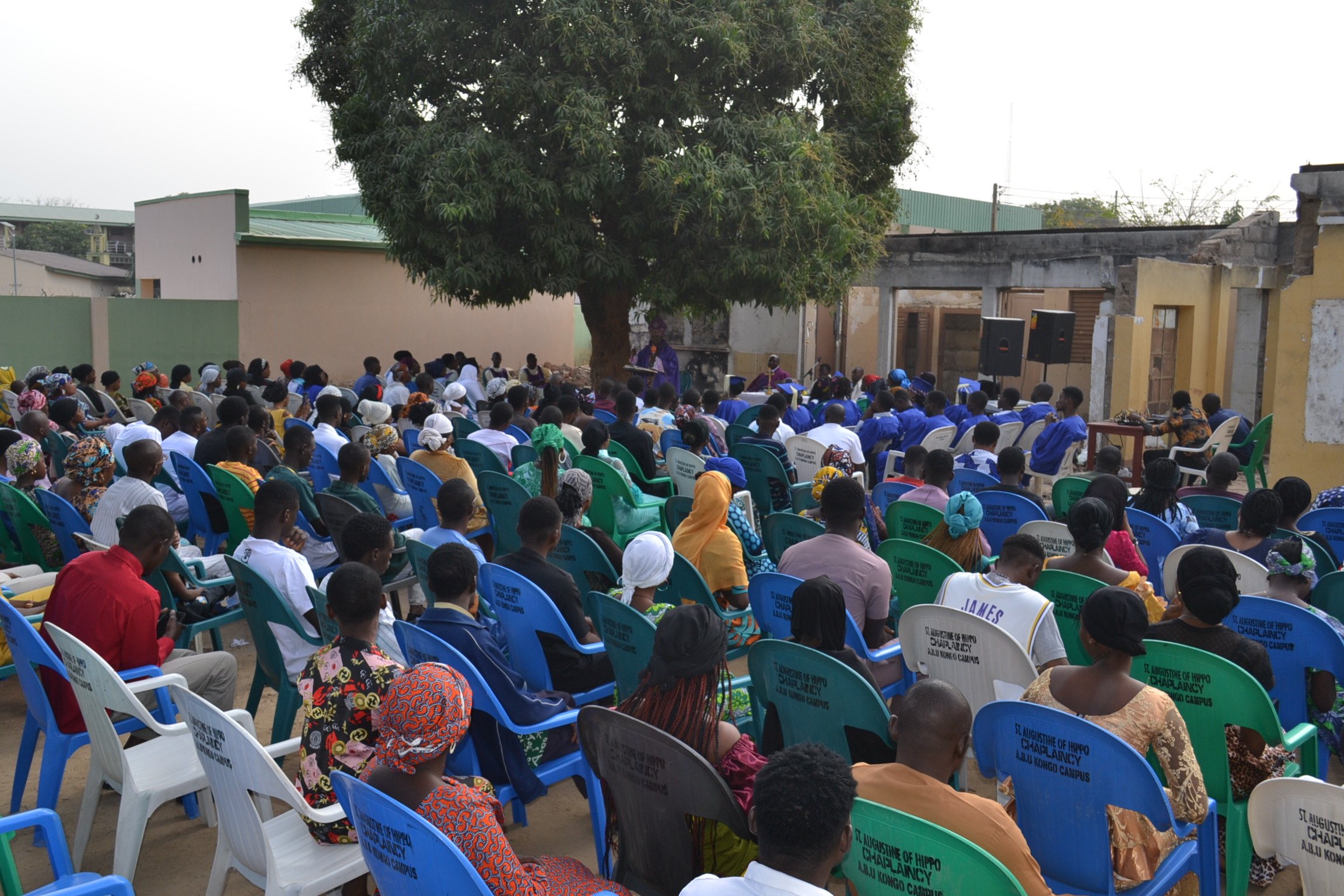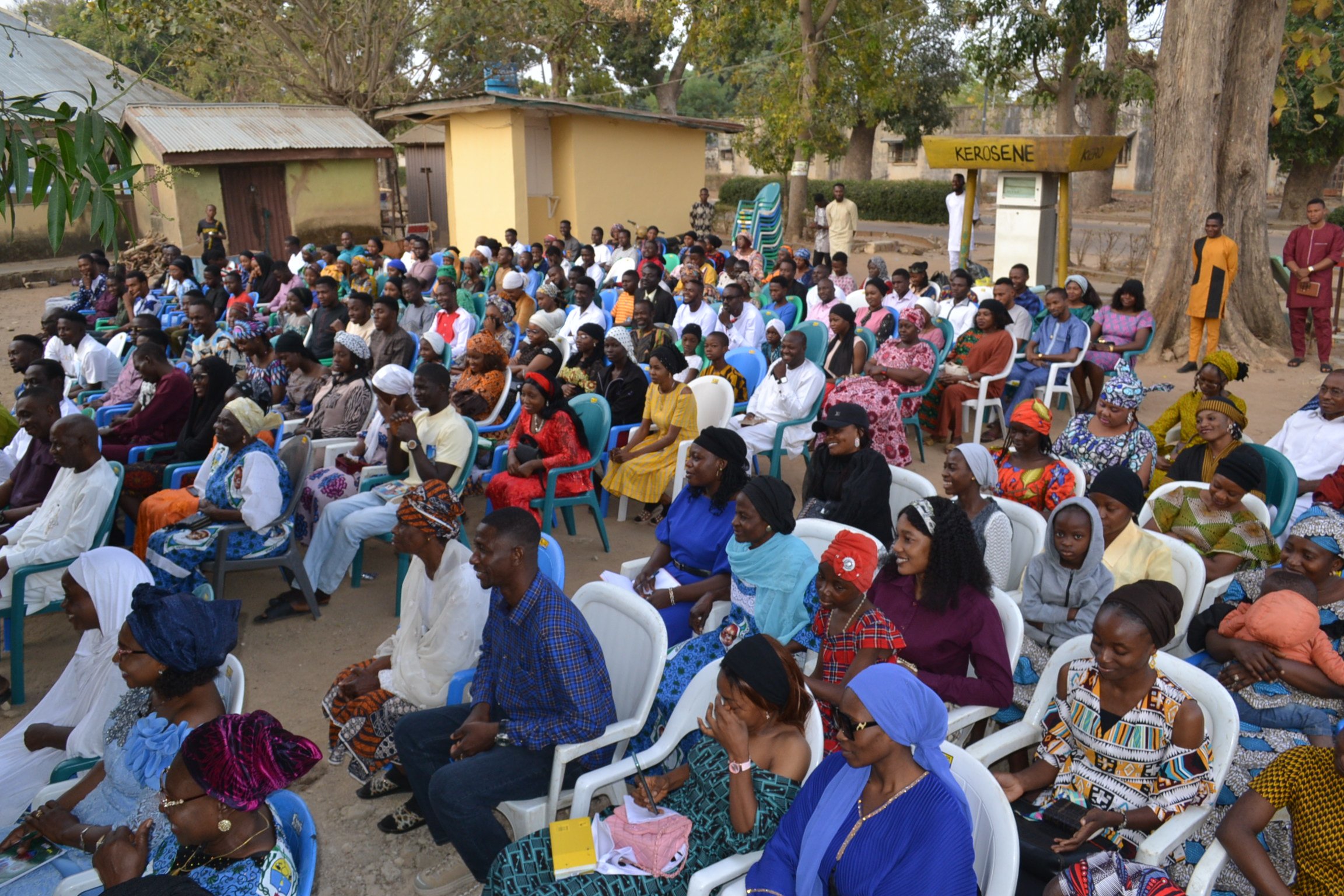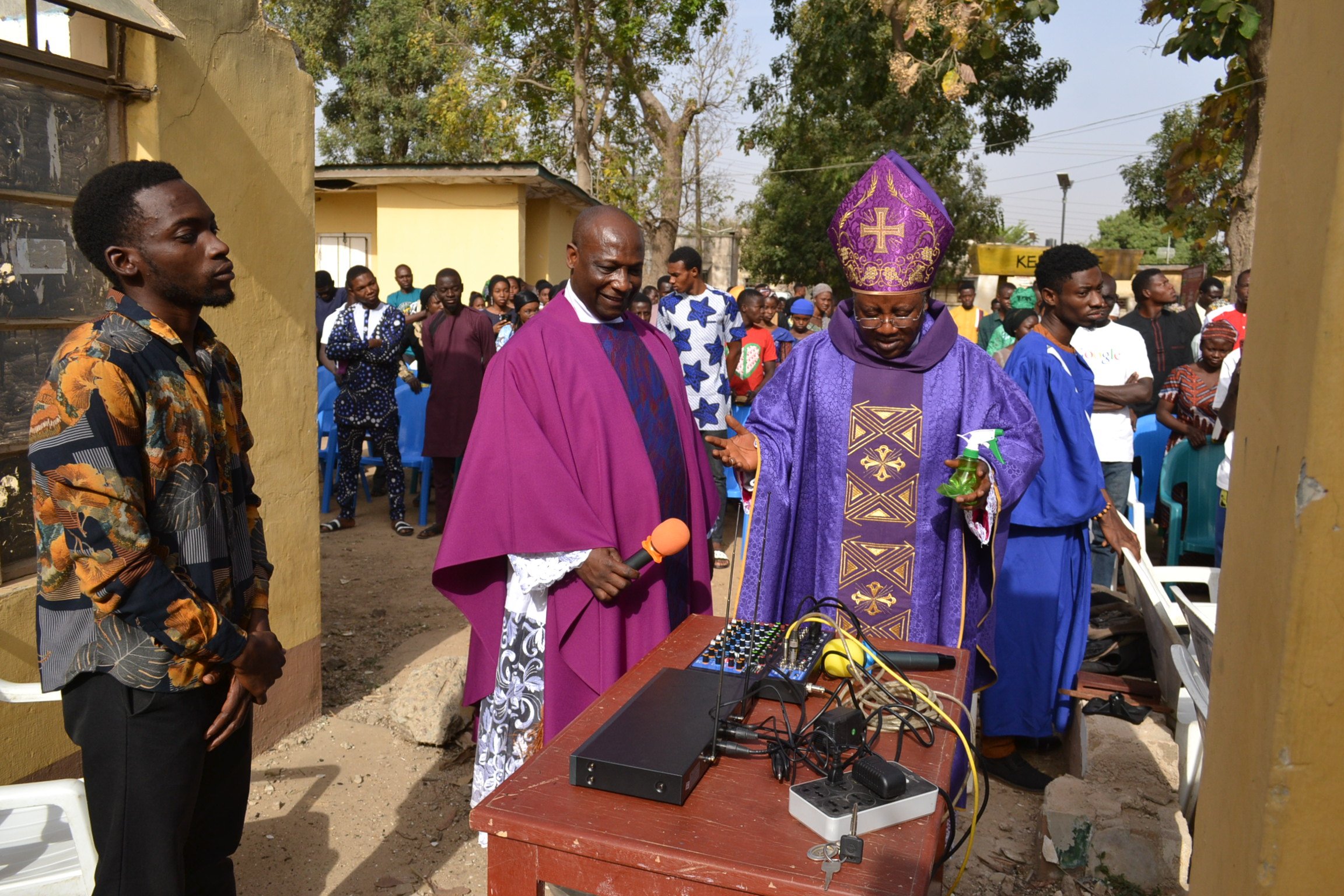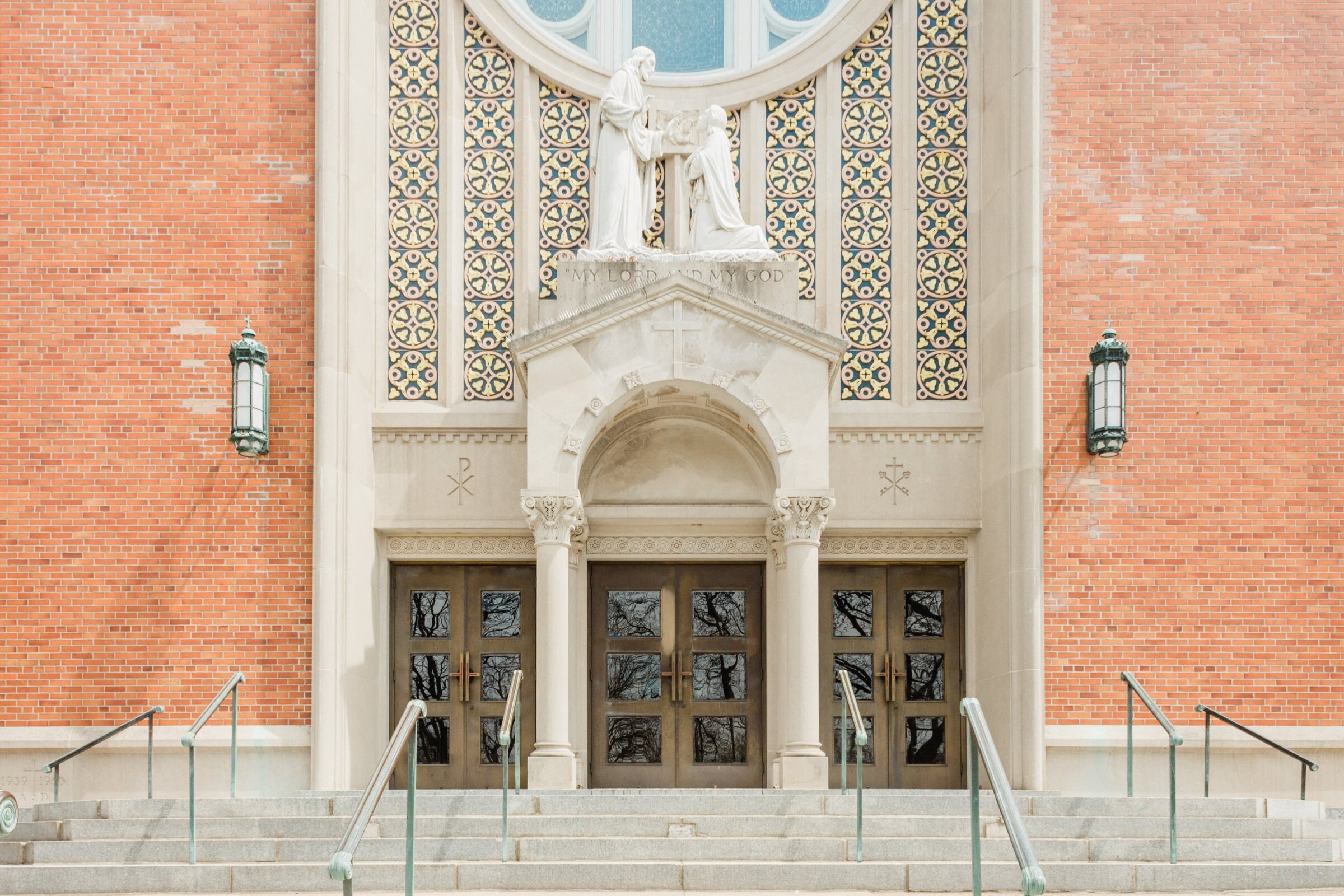LIFE & DIGNITY OF THE HUMAN PERSON
US Conference of Catholic Bishops:
The Catholic Church proclaims that human life is sacred and that the dignity of the human person is the foundation of a moral vision for society. This belief is the foundation of all the principles of our social teaching. In our society, human life is under direct attack from abortion and euthanasia. The value of human life is being threatened by cloning, embryonic stem cell research, and the use of the death penalty. The intentional targeting of civilians in war or terrorist attacks is always wrong. Catholic teaching also calls on us to work to avoid war. Nations must protect the right to life by finding increasingly effective ways to prevent conflicts and resolve them by peaceful means. We believe that every person is precious, that people are more important than things, and that the measure of every institution is whether it threatens or enhances the life and dignity of the human person.
Scriptural References
Genesis 1:26-31 God created man and woman in his image.
Psalms 139:13-16 God formed each of us and knows us intimately.
Luke 10:25-37 The good Samaritan recognized the dignity in the other and cared for his life.
Romans 12: 9-18 Love one another, contribute to the needs of others, live peaceably with all.
1 Corinthians 3:16 You are holy, for you are God’s temple and God dwells in you.
Tradition
Human persons are willed by God; they are imprinted with God's image. Their dignity does not come from the work they do, but from the persons they are. (See St. John Paul II, On the Hundredth Year [Centesimus annus], no. 11)
"There exist also sinful inequalities that affect millions of men and women. These are in open contradiction of the Gospel: 'Their equal dignity as persons demands that we strive for fairer and more humane conditions. Excessive economic and social disparity between individuals and peoples of the one human race is a source of scandal and militates against social justice, equity, human dignity, as well as social and international peace'." (Catechism of the Catholic Church, no. 1938 citing Gaudium et Spes, 29)
“The dignity of others is to be respected in all circumstances, not because that dignity is something we have invented or imagined, but because human beings possess an intrinsic worth superior to that of material objects and contingent situations. This requires that they be treated differently. That every human being possesses an inalienable dignity is a truth that corresponds to human nature apart from all cultural change. For this reason, human beings have the same inviolable dignity in every age of history and no one can consider himself or herself authorized by particular situations to deny this conviction or to act against it.” (Pope Francis, On Fraternity and Social Friendship [Fratelli Tutti], no. 213)
“Our defense of the innocent unborn, for example, needs to be clear, firm and passionate, for at stake is the dignity of a human life, which is always sacred and demands love for each person, regardless of his or her stage of development. Equally sacred, however, are the lives of the poor, those already born, the destitute, the abandoned and the underprivileged, the vulnerable infirm and elderly exposed to covert euthanasia, the victims of human trafficking, new forms of slavery, and every form of rejection. We cannot uphold an ideal of holiness that would ignore injustice in a world where some revel, spend with abandon and live only for the latest consumer goods, even as others look on from afar, living their entire lives in abject poverty.” (Pope Francis, Rejoice and Be Glad [Gaudete et Exsultate], no. 101)
"The dignity of the individual and the demands of justice require, particularly today, that economic choices do not cause disparities in wealth to increase in an excessive and morally unacceptable manner." (Pope Benedict XVI, Charity in Truth [Caritas in Veritate], no. 32)
“The world exists for everyone, because all of us were born with the same dignity. Differences of color, religion, talent, place of birth or residence, and so many others, cannot be used to justify the privileges of some over the rights of all. As a community, we have an obligation to ensure that every person lives with dignity and has sufficient opportunities for his or her integral development.” (Pope Francis, On Fraternity and Social Friendship [Fratelli Tutti], no. 118)
For the entire publication of Life and Dignity of the Human Person:
https://www.usccb.org/beliefs-and-teachings/what-we-believe/catholic-social-teaching/life-and-dignity-of-the-human-person
Seven Themes of Catholic Social Teaching: 1- Life & Dignity of the Human Person
WITNESS STATEMENTS
The Catholic Church proclaims the Seven Themes of Catholic Social Teaching, the first of which is Life & Dignity of the Human Person, which states that human life is sacred and that the dignity of the human person is the foundation of a moral vision of society. This belief is the foundation of all the principles of our social teaching. (United States Conference of Catholic Bishops)
The following witnesses speak to some issues raised by this foundational theme:
Thirty-two years ago, my nephew, Alex, was born in St Joseph’s Hospital in Paterson at 5-1/2 months gestation and remained in ICU for 4 months before coming home to Bloomfield. While the first three years he spent “catching” up, seizures and other medical problems took away his speech and made him agitated at times. In his teens his seizures became so continuous that he was put into a coma three times before they could stop them. He ended up in the hospital and rehab for over a year and came home confined to a wheelchair unable to walk.
My sister, brother-in-law, and niece care for him 24 hours a day in their modest home. He must be fed through a feeding tube and moving him from wheelchair to bed requires lifting all 95 pounds of him. Alex loves his family as he smiles and laughs when they talk to him and when his mom gives him her special whistle. He wears holiday shirts, NY Giant’s apparel and watches old Barney shows. When his family goes to the Jersey shore on vacation, Alex goes with them. They take him to restaurants and visiting friends and family. Many times, while they are out people will stare; while others will approach them to give a word of encouragement or their blessing to this special family.
